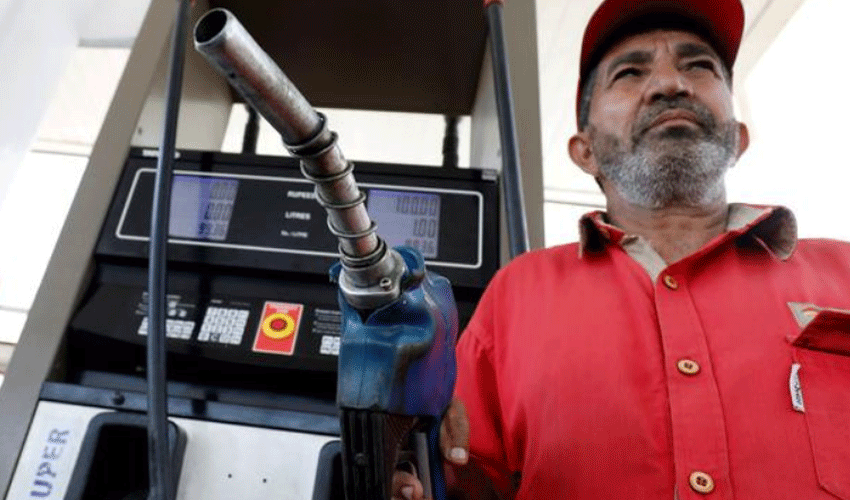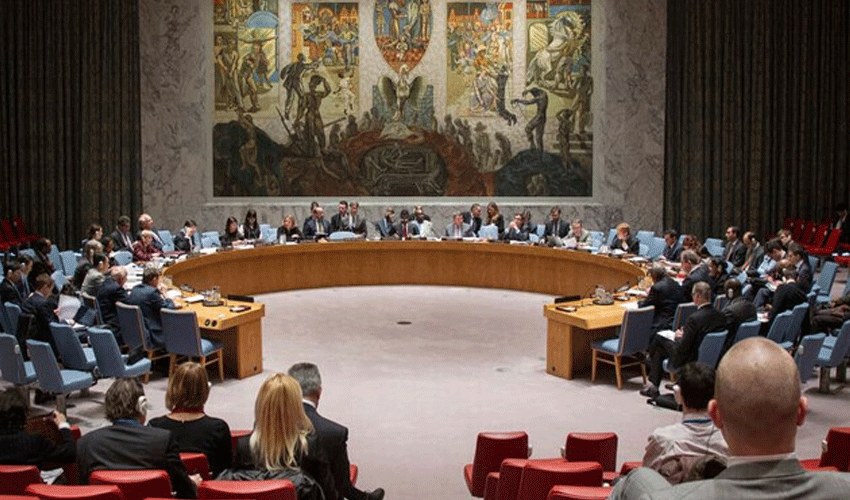The surge in demand for solar panels ahead of the approaching summer season in Pakistan has prompted a significant hike in prices, placing financial strain on consumers across the country.
Reports indicate that the cost of solar panels has skyrocketed from Rs75,000 to Rs300,000, reflecting a substantial increase in just a short span of time.
For instance, a seven-kilowatt solar panel system, which was previously priced at Rs850,000, has now surpassed Rs920,000. Similarly, the cost of a 10-kilowatt system has surged from Rs1.1 million to Rs1.25 million. Additionally, a 12-kilowatt system now commands a price of Rs1.6 million, up from its previous cost of Rs1.4 million.
Meanwhile, the price of a 15-kilowatt system has seen a Rs300,000 hike, now standing at Rs1.8 million.
The sharp increase in prices predominantly affects solar panel systems connected to the grid, with consumers facing additional expenses for hybrid setups that incorporate batteries for energy storage.
The escalating costs of solar panels are placing considerable financial pressure on consumers, particularly those involved in the federal government's net metering project. The project aims to incentivize the adoption of solar energy by allowing consumers to sell excess electricity generated by their solar panels back to the grid.
Experts attribute the fluctuation in solar panel prices in Pakistan to various economic factors, including occasional political instability within the country. Additionally, considerations such as brand reputation, efficiency rating, capacity, and specific installation requirements further contribute to the rising costs.
As consumers grapple with the financial implications of these price hikes, stakeholders are closely monitoring developments in the solar energy market, seeking strategies to mitigate the impact on consumers and promote sustainable energy solutions in Pakistan.


























